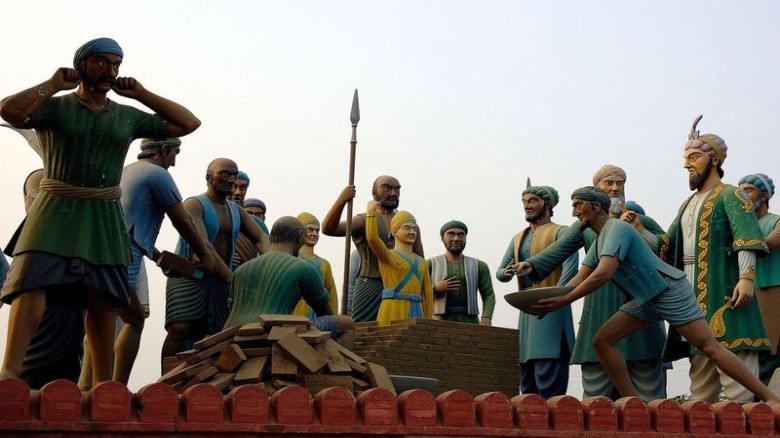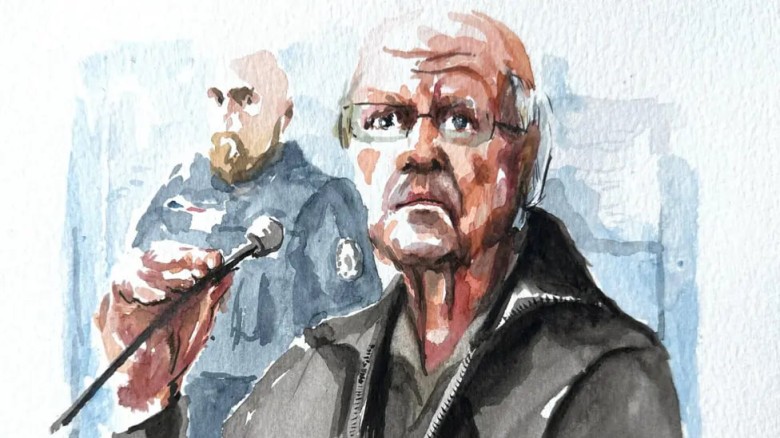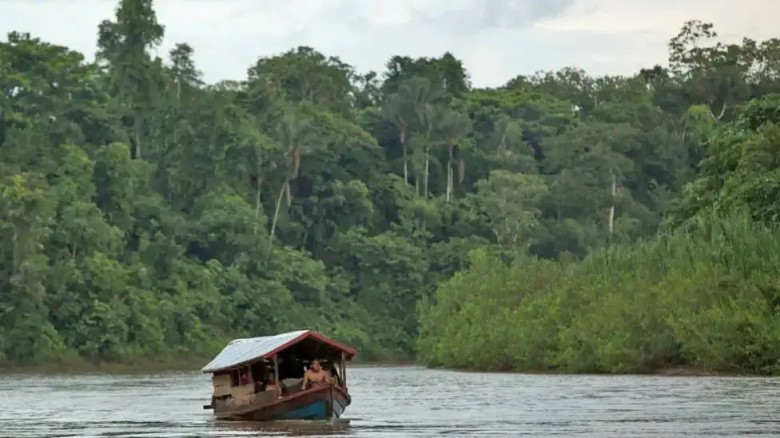Amazon Tribe Sues New York Times Over Internet Story It Says Sparked “Porn Addict” Stereotypes
The Marubo, an Indigenous Amazonian tribe, has filed a $180 million defamation lawsuit against the New York Times, alleging a report about their access to the internet wrongly portrayed them as unable to cope with modern technology and led to damaging global headlines.The Marubo tribe, an Indigenous community in the Amazon rainforest, has launched a defamation lawsuit against the New York Times (NYT), claiming a story it published misrepresented their culture and triggered a wave of sensationalist coverage labelling their youth as porn addicts.
The lawsuit, also naming TMZ and Yahoo as defendants, argues that the original NYT article cast the tribe as incapable of managing access to high-speed internet. It specifically criticizes the portrayal of young tribe members as being drawn into pornography, contributing to what the plaintiffs describe as “humiliation, harassment, and irreparable harm.”
The NYT article was published nine months after the Marubo began using Starlink, a satellite internet service provided by Elon Musk’s SpaceX. It described the community grappling with challenges familiar to many modern societies, such as teenagers immersed in smartphones, exposure to violent video games, and minors reportedly accessing pornography.
Although the article included positive aspects of internet access—such as improved communication, access to healthcare resources, and environmental monitoring—the lawsuit claims the negative framing dominated the narrative and opened the door to distorted coverage by other outlets. A community leader mentioned in the article expressed particular concern about pornography and changing sexual behavior among young men.
Following the backlash, the New York Times published a follow-up story titled “No, A Remote Amazon Tribe Did Not Get Addicted to Porn”, acknowledging that over 100 websites worldwide had falsely claimed the Marubo were struggling with porn addiction.
Still, the plaintiffs—tribal leader Enoque Marubo and Brazilian activist Flora Dutra, who helped bring internet access to the community—say the original article fueled a global media frenzy. TMZ, for example, ran a headline referencing porn addiction and shared video footage of Dutra and Marubo installing antennas, which the lawsuit claims implied they were responsible for exposing the tribe to explicit material.
The Marubo are seeking at least $180 million in damages, arguing that the media coverage has harmed their reputations and threatened their safety.
In response, a spokesperson for the New York Times stated: “Any fair reading of this piece shows a sensitive and nuanced exploration of the benefits and complications of new technology in a remote Indigenous village with a proud history and preserved culture. We intend to vigorously defend against the lawsuit.”
TMZ and Yahoo have been contacted for comment but have yet to respond.








































































Leave A Comment